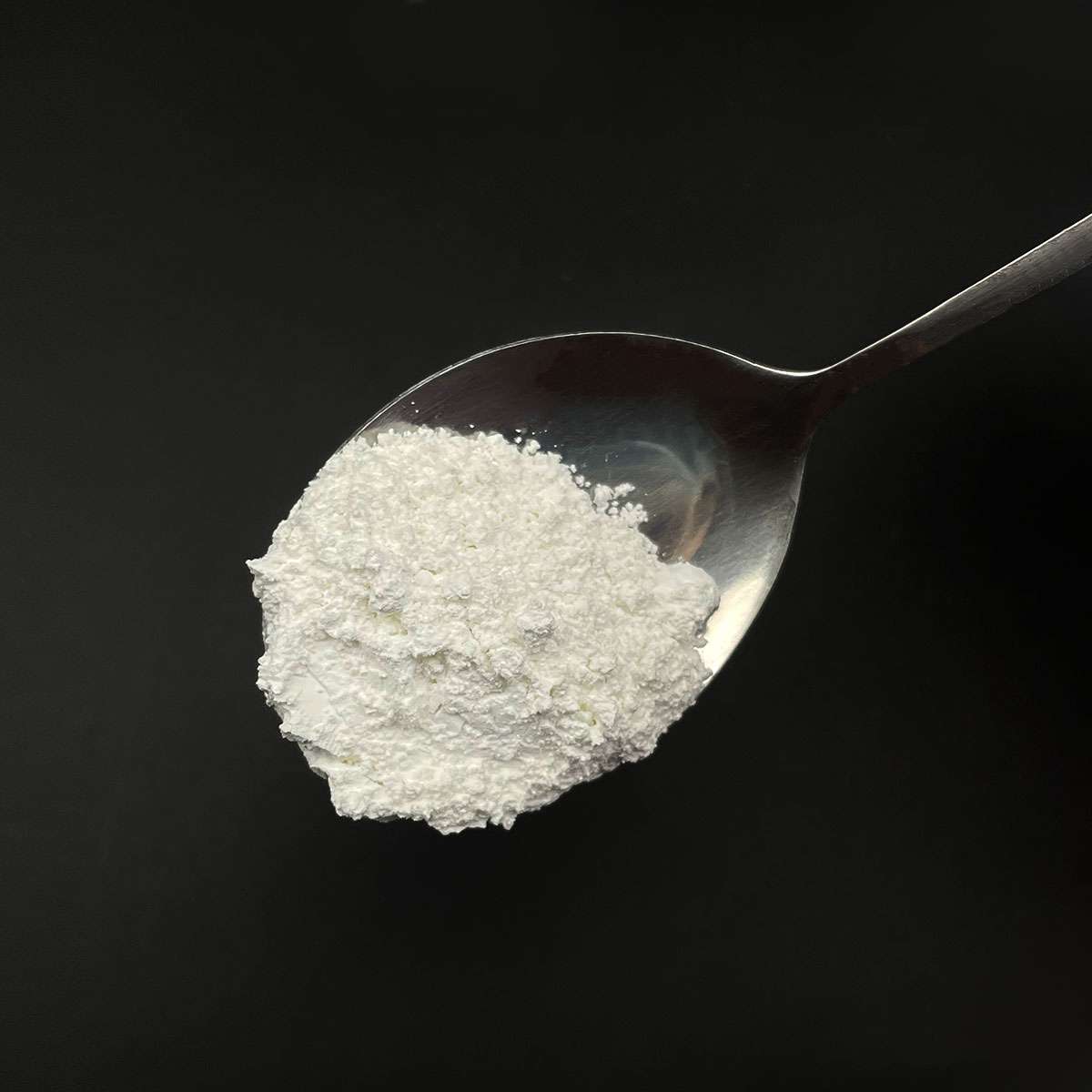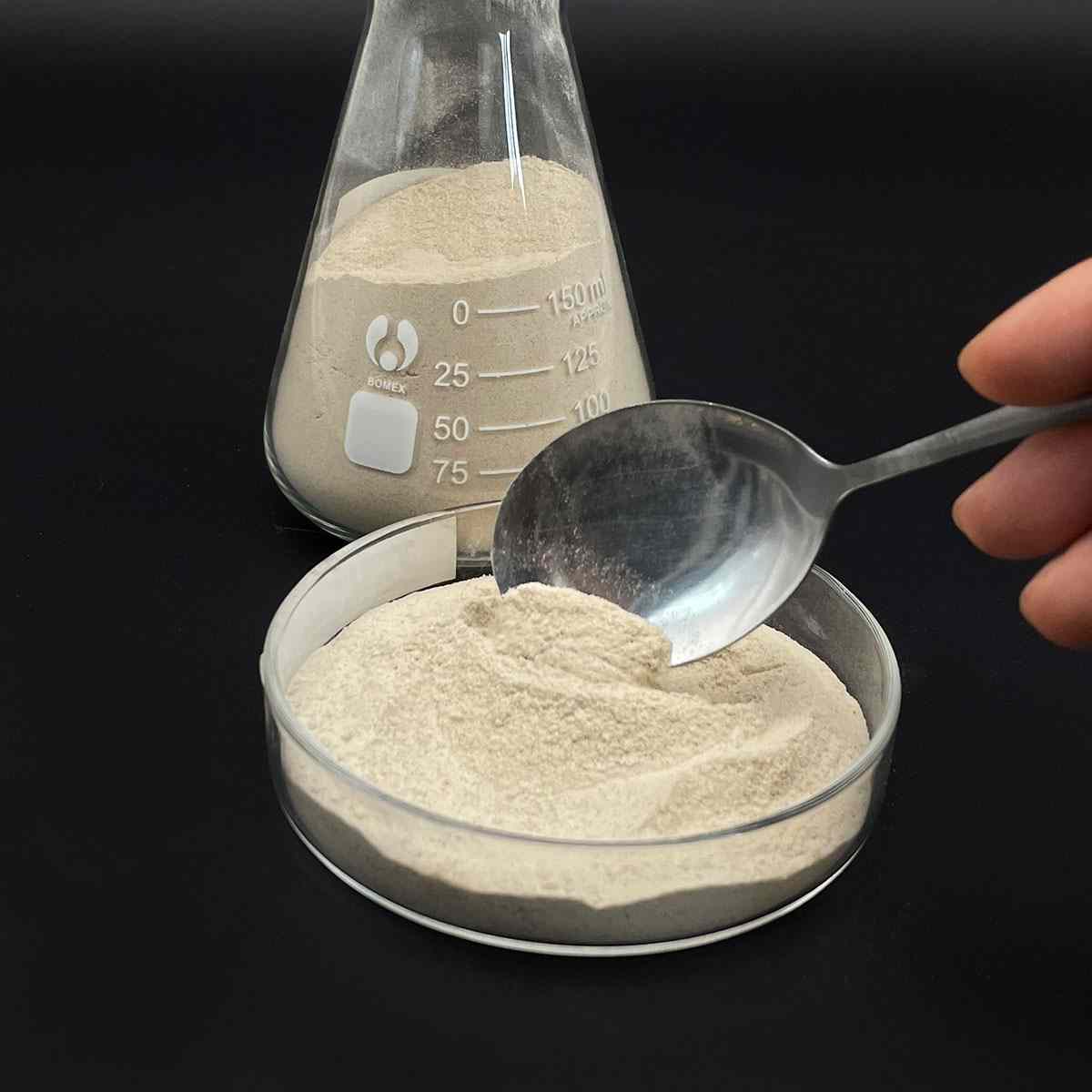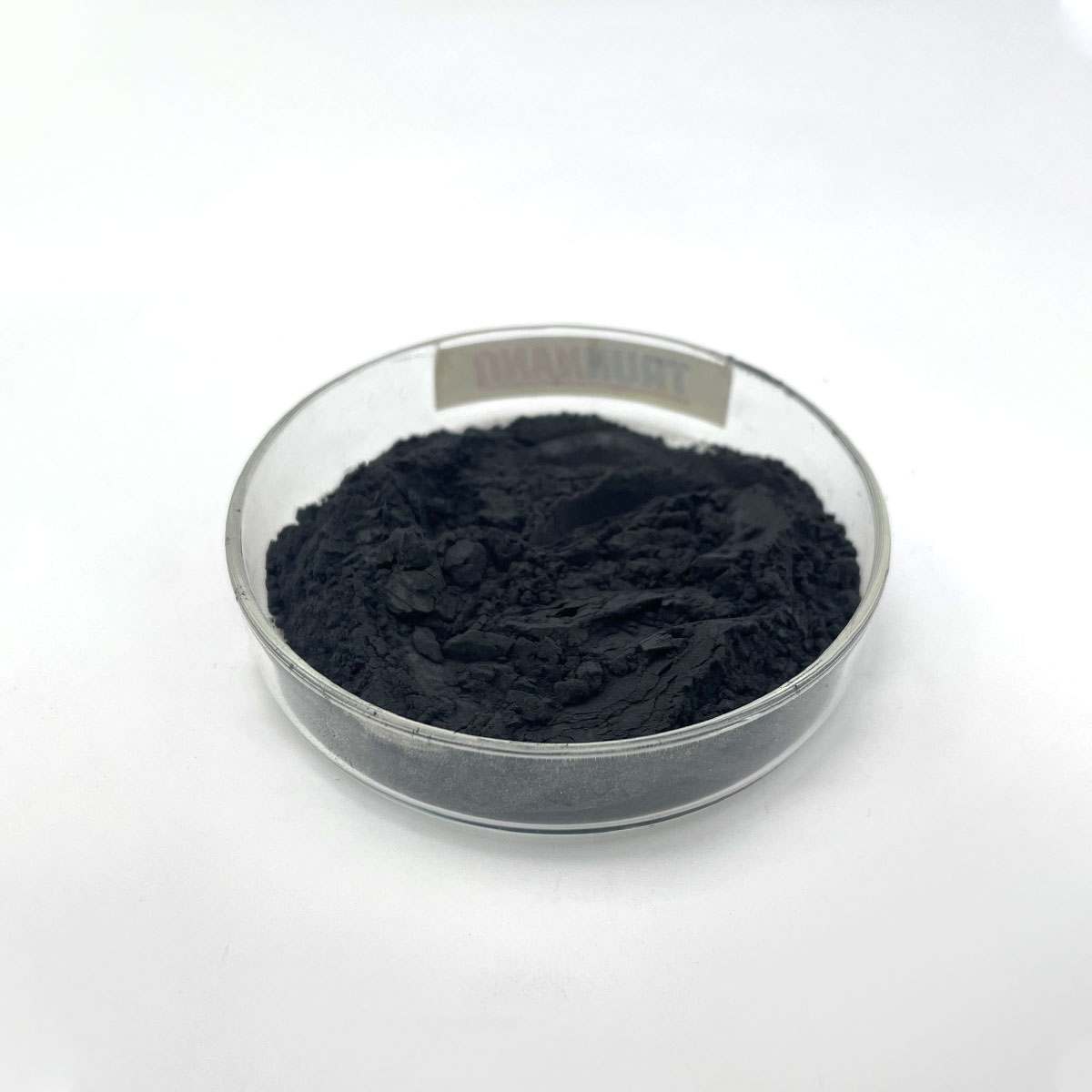Overview of Niobium block pure Niobium metal High purity Niobium ingot
Metal powder is a common form of metal that has been processed into fine particles, ranging from a few micrometers to over 100 microns in diameter. It plays a crucial role in various industrial applications due to its unique properties and versatility.
Features of Niobium block pure Niobium metal High purity Niobium ingot
Physical Characteristics
Particle Size: Ranging from nanometers to hundreds of micrometers, the size distribution significantly influences the powder’s flowability, packing density, and sintering behavior.
Shape: Particles can be spherical, irregular, flake-like, or dendritic, each shape affecting the final product’s mechanical properties and surface finish.
Purity: Depending on the production method, metal powders can achieve high levels of purity, critical for applications like electronics and aerospace where impurities can degrade performance.
Density: While less dense than their solid counterparts due to the presence of air between particles, metal powders can be densely packed during processing to approach the density of the solid metal.
Chemical Properties
Reactivity: Some metal powders, particularly aluminum and titanium, are highly reactive with air and moisture, necessitating careful handling and storage under inert atmospheres or vacuum.
Oxidation: Exposure to air can lead to surface oxidation, forming a passive layer that affects sintering and other processes. This can be managed through surface treatment or use of protective atmospheres.

(Niobium block pure Niobium metal High purity Niobium ingot)
Parameters of Niobium block pure Niobium metal High purity Niobium ingot
Niobium, also known asNb, is a chemical element with the atomic number 41 and symbol Nb on the periodic table. It is a transition metal that belongs to the group of refractory metals, characterized by its exceptional strength, corrosion resistance, and superconducting properties. Niobium’s high purity ingots are a crucial material in various industrial applications, from aerospace to electronics and scientific research.
Pure niobium ingots are typically produced through a refining process that starts with mining niobium pentoxide (Nb2O5), which is extracted from minerals such as columbite and pyrochlore. The purification process begins by converting the oxide into metallic niobium through reduction, usually using a combination of carbon or hydrogen as reducing agents. This step removes impurities like oxygen, silicon, and titanium.
The high purity level of the ingots is often expressed in terms of the percentage of niobium content, commonly measured as 99.99% or 4N (four nines purity). This means that the ingot contains less than 0.01% impurities, making it suitable for applications where contamination must be minimized. The ingots are typically cast into a cylindrical shape, with dimensions tailored to specific customer requirements, ensuring uniformity and ease of handling.
One of the most notable characteristics of niobium is its ability to form a superconducting state at very low temperatures, typically below -203°C (-337°F) in the presence of a magnetic field. This property makes it a vital component in the construction of superconducting magnets, used in MRI machines, particle accelerators, and fusion reactors. The high-purity ingots are essential for maintaining the integrity and efficiency of these devices.
In addition to superconductivity, niobium is employed in various structural applications due to its excellent mechanical properties. It exhibits high strength-to-weight ratio, good ductility, and excellent corrosion resistance, making it ideal for use in cryogenic systems, nuclear reactors, and aerospace components. Its low thermal expansion coefficient also makes it suitable for precision instruments and high-temperature engineering.
The manufacturing process of high purity niobium ingots requires strict quality control measures to ensure the final product meets industry standards. These include regular testing for impurities, microstructure analysis, and dimensional accuracy. The ingots are then stored under controlled conditions to maintain their purity and prevent contamination until they are ready for further fabrication or delivery to customers.
In summary, pure niobium ingots are a critical material in modern technology, driven by their unique properties, including superconductivity and exceptional mechanical strength. Their high purity ensures their suitability for demanding applications across various industries, ranging from medical equipment to cutting-edge scientific research. The production and refining processes, coupled with stringent quality control, contribute to the reliability and performance of niobium-based products in today’s technological landscape.

(Niobium block pure Niobium metal High purity Niobium ingot)
FAQs of Niobium block pure Niobium metal High purity Niobium ingot
Inquiry us






